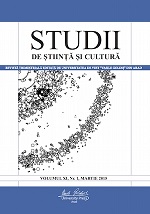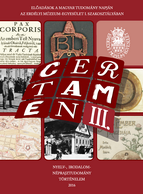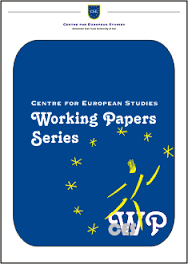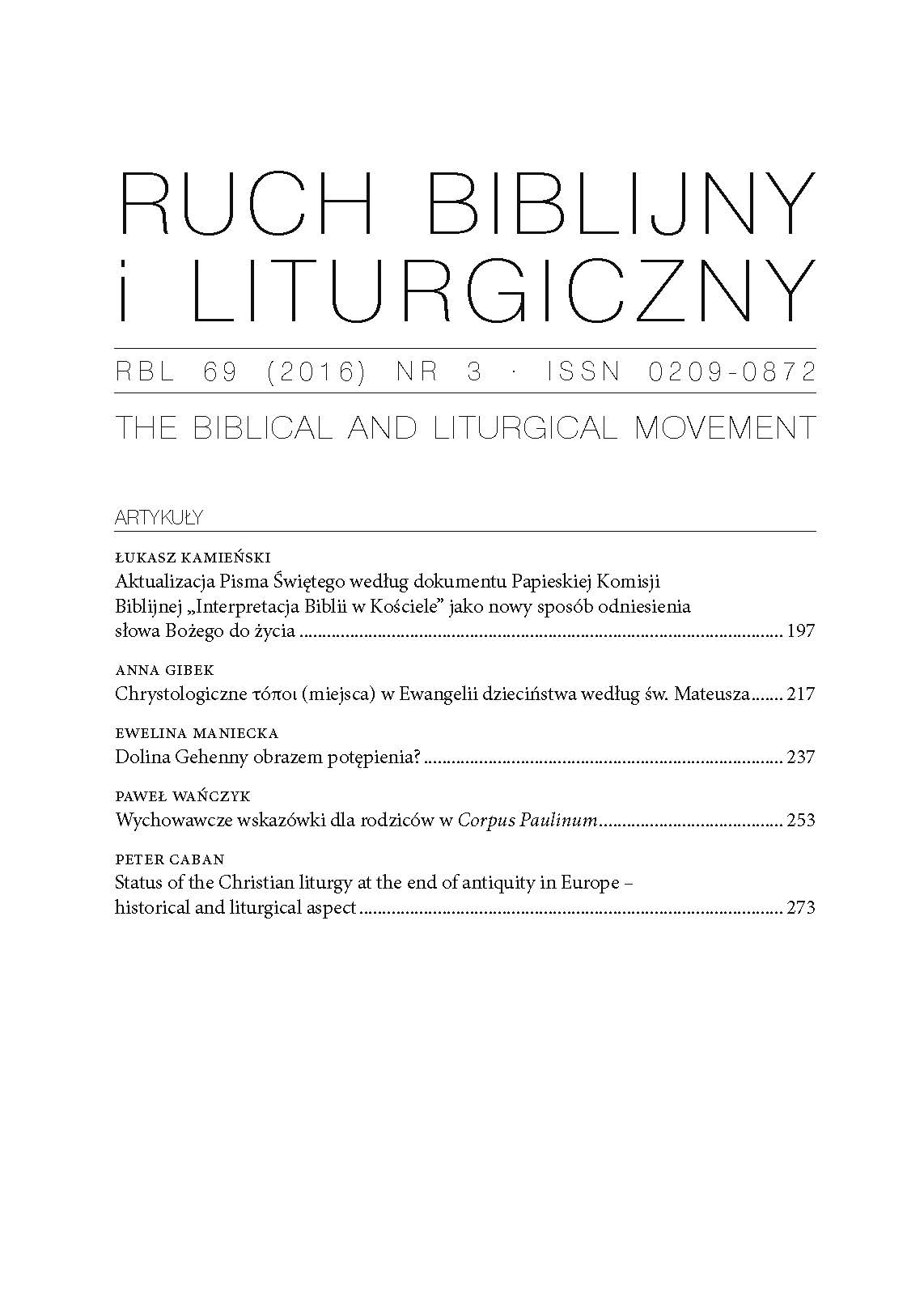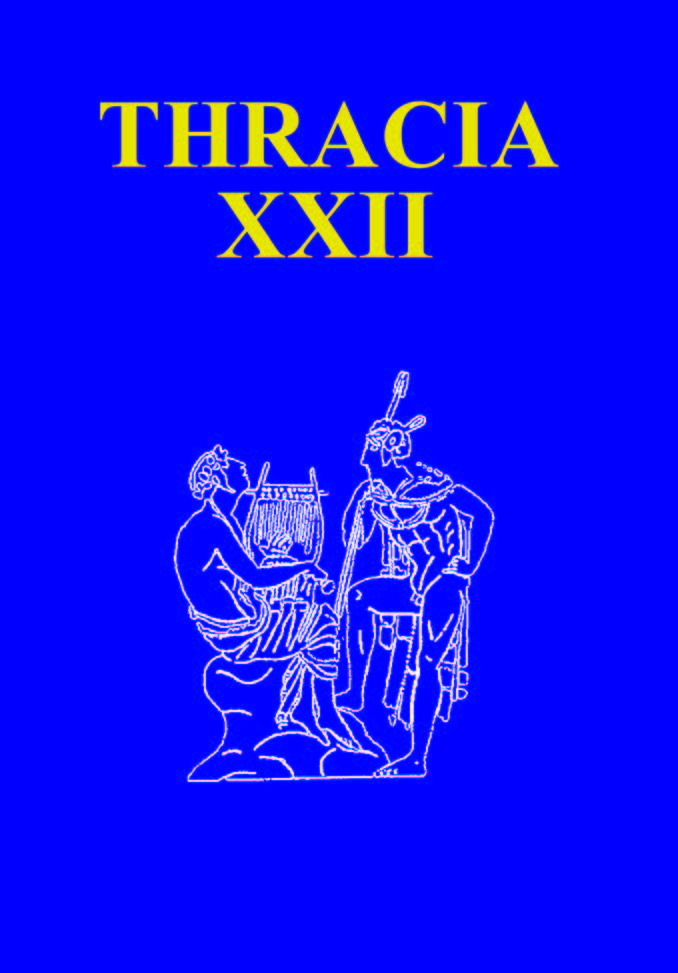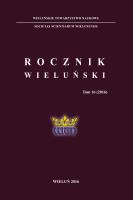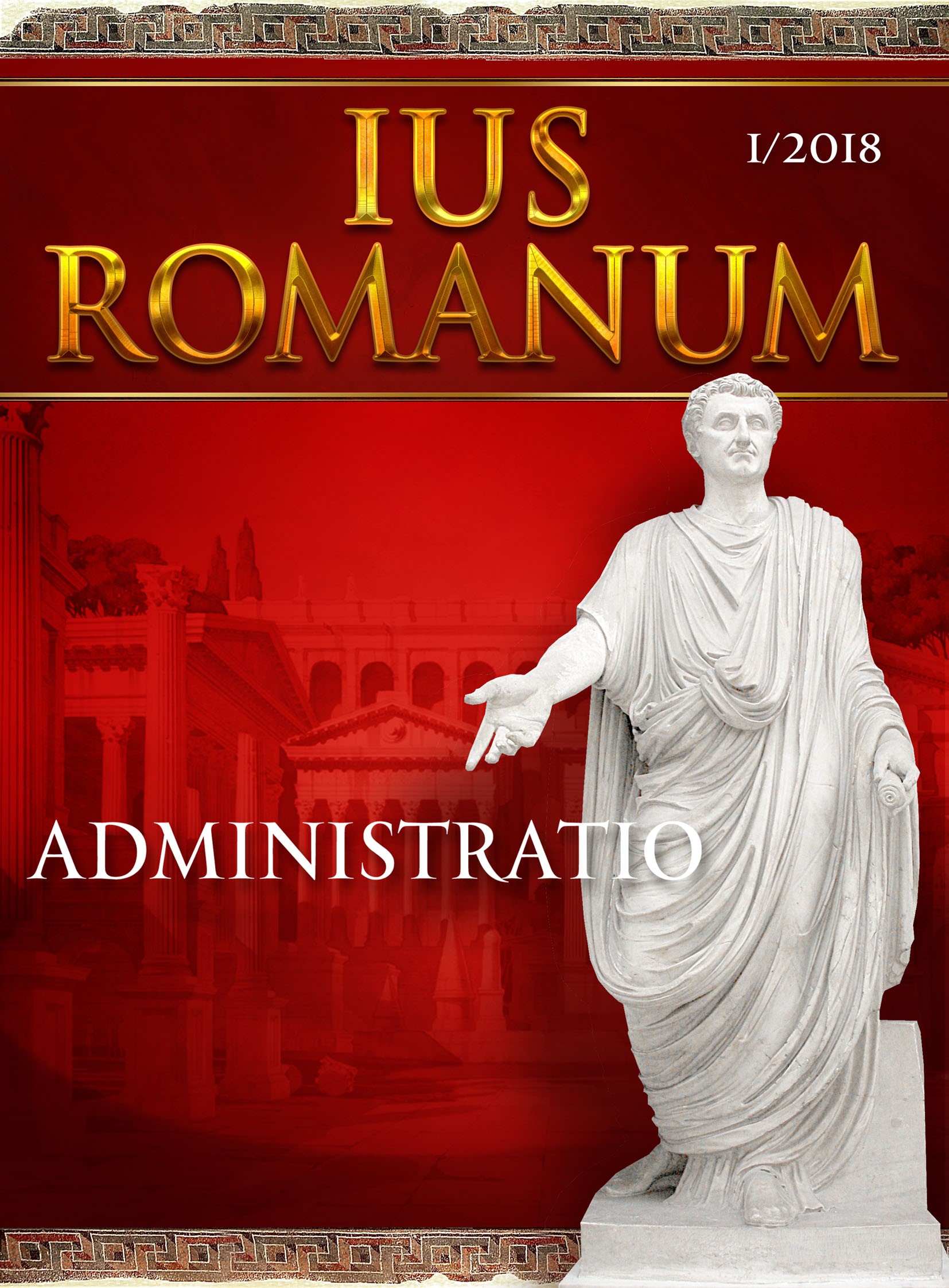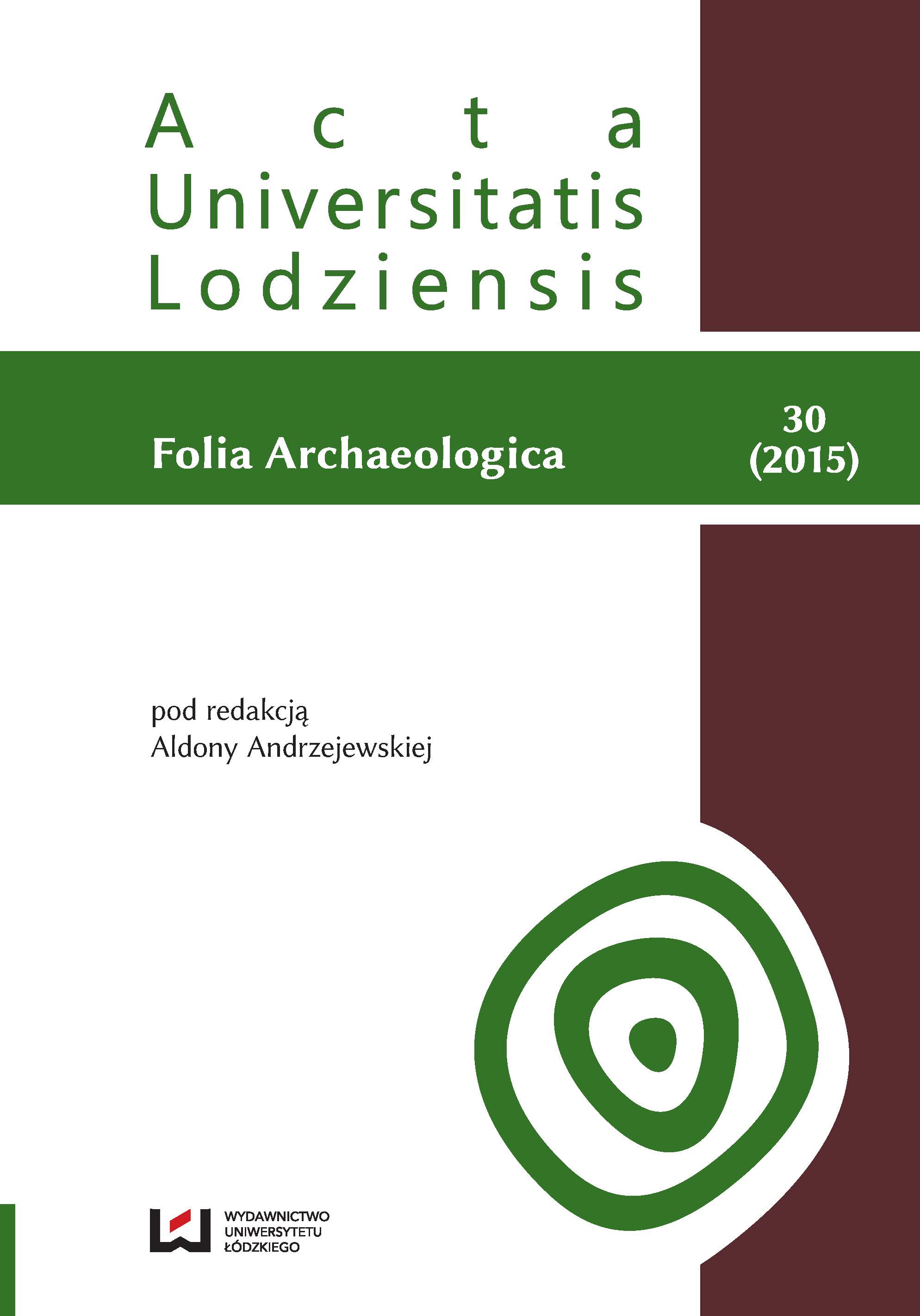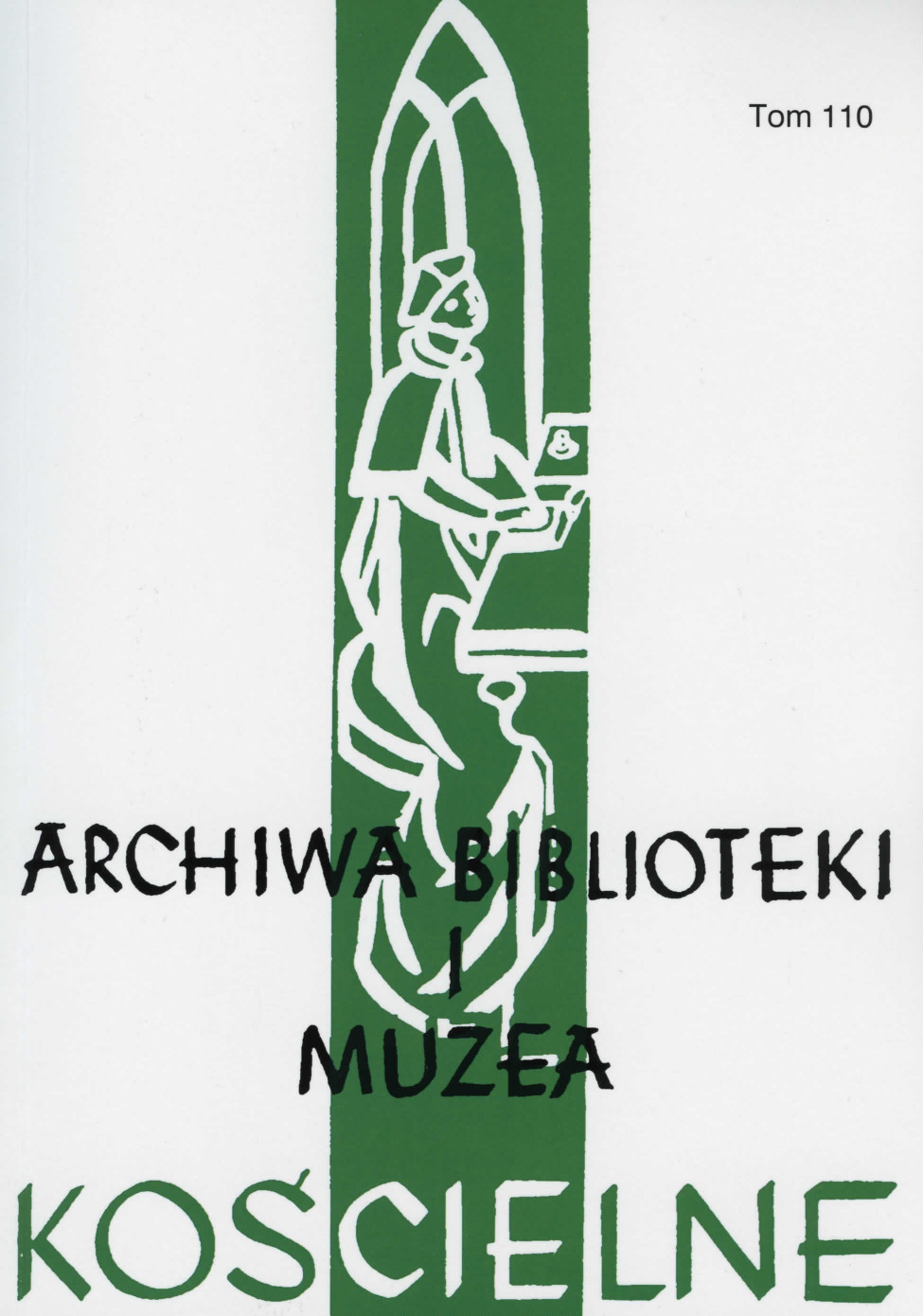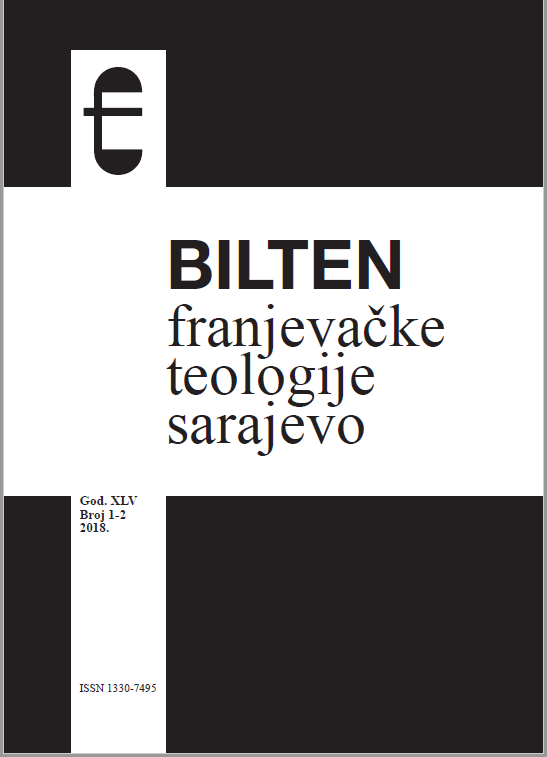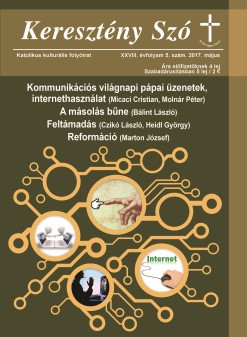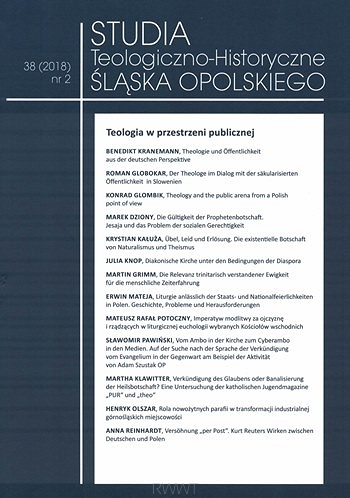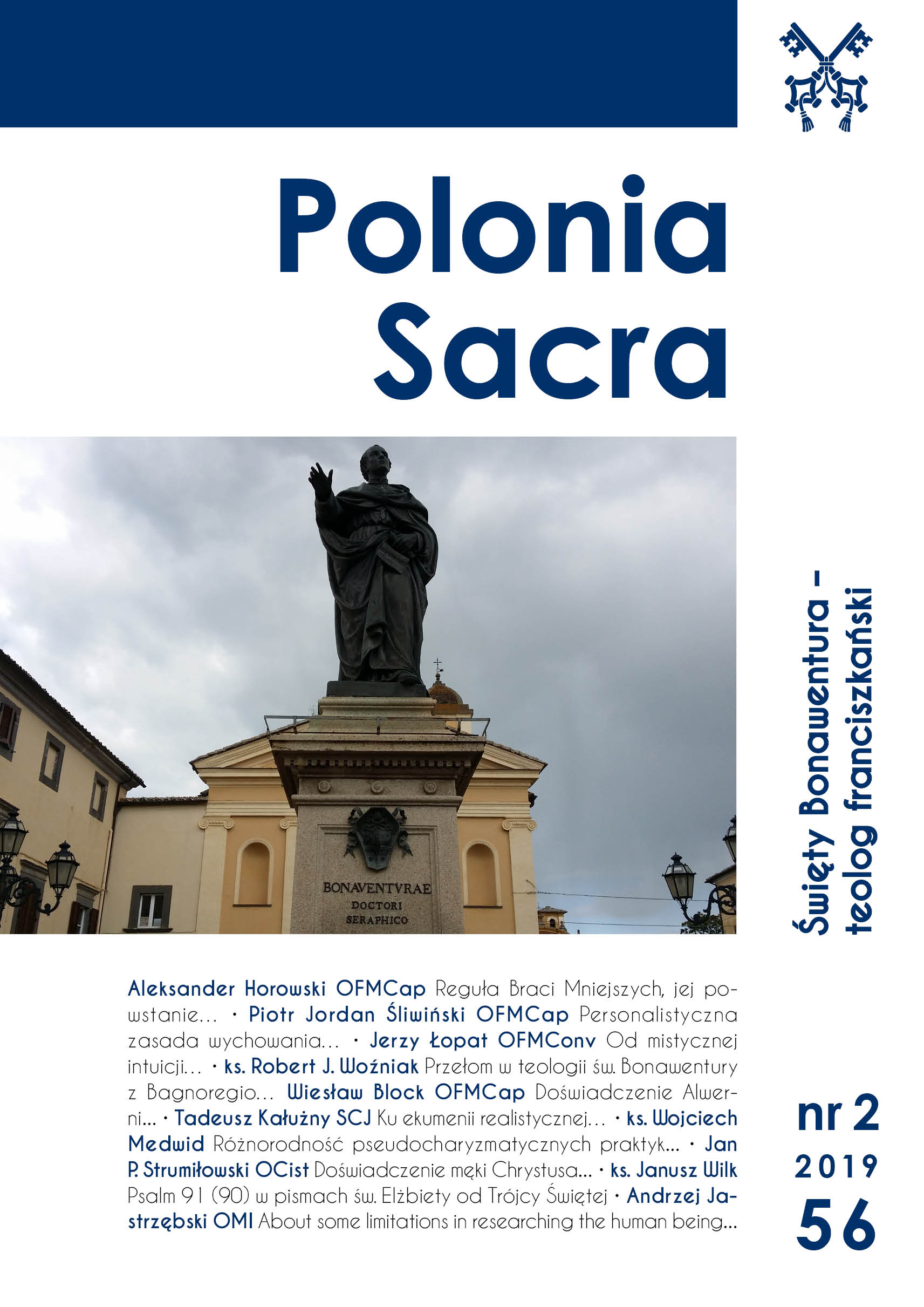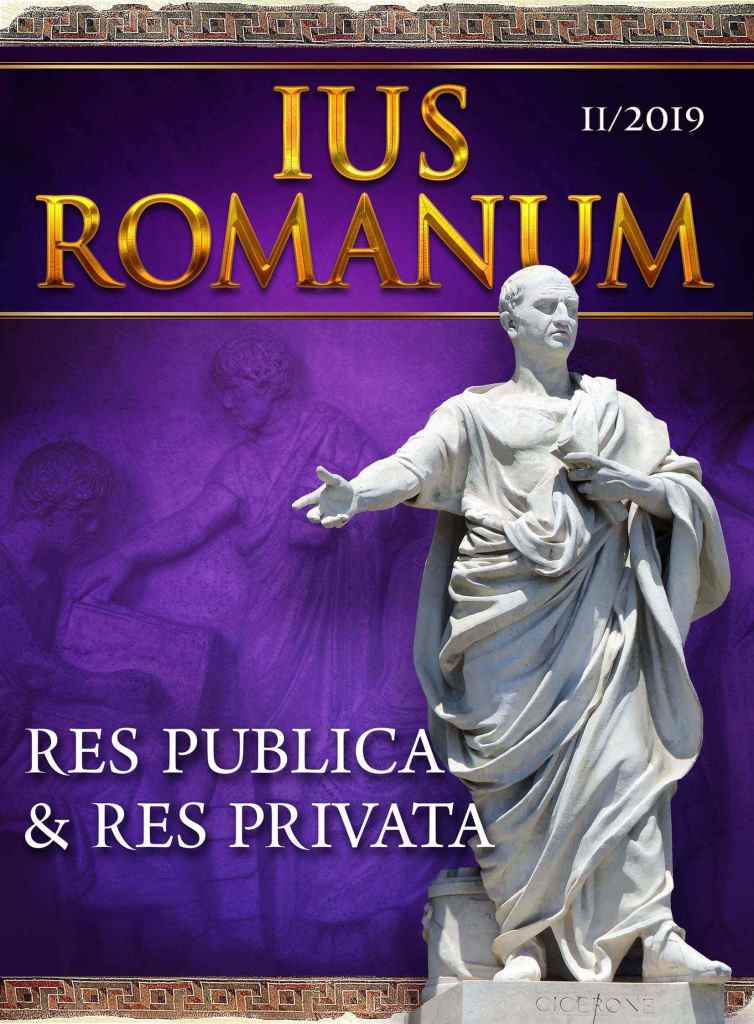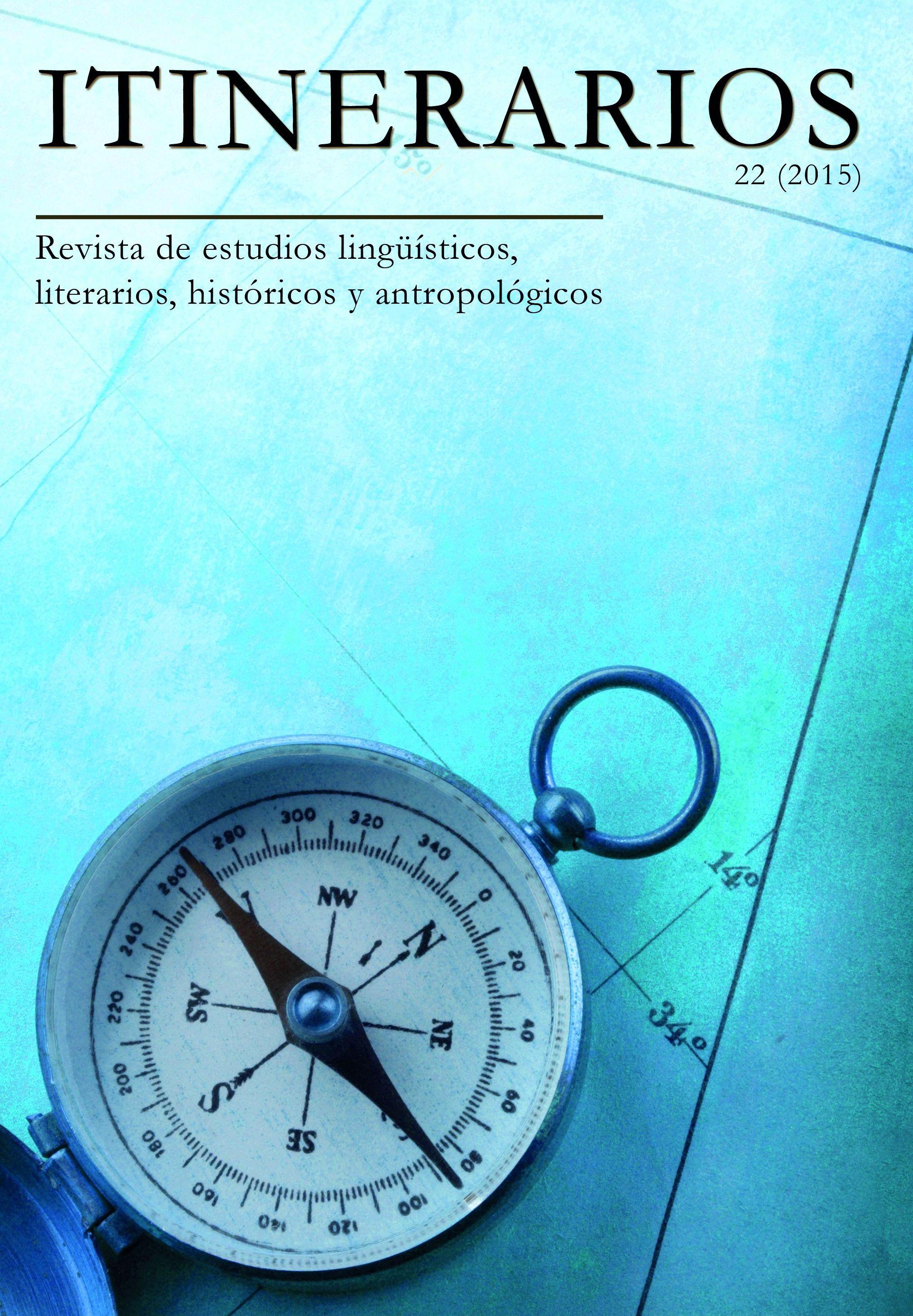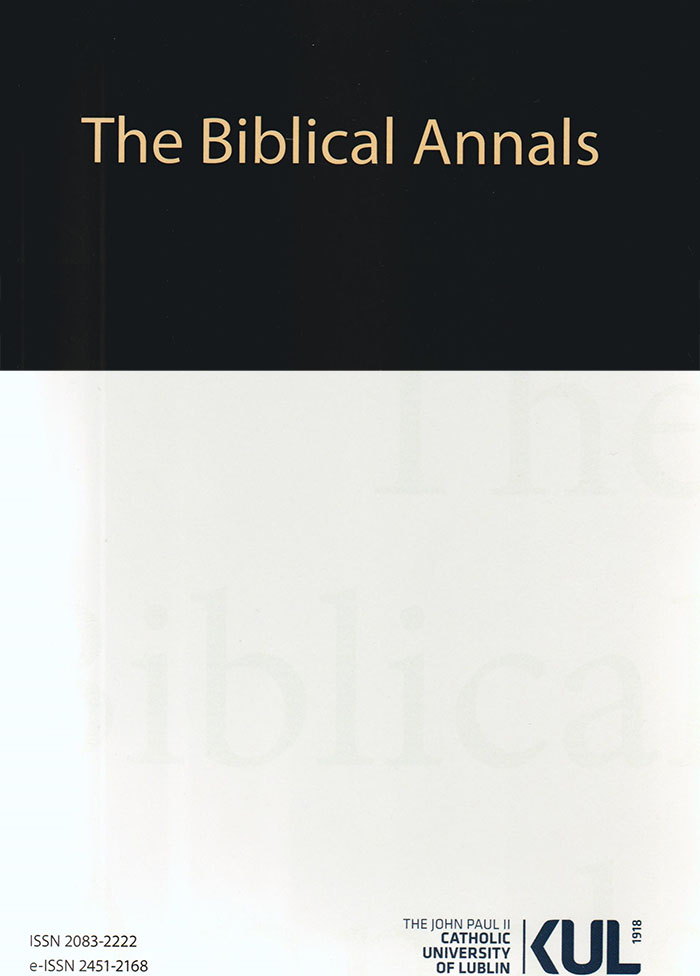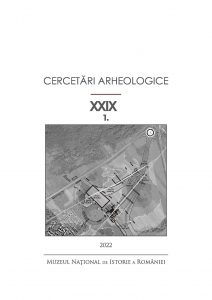
Gustus Spiritualis: Remarks on the Emergence of Modern Aesthetics
Gustus Spiritualis: Remarks on the Emergence of Modern Aesthetics
Keywords: gustus spiritualis; taste; modernity; history of aesthetics
The article considers the concept of gustus spiritualis, in particular its possible historical connection with (aesthetic) taste in the seventeenth century. By ‘aesthetic’, I mean a radically modern phenomenon, attitude, sensibility, and so forth, that is, a new type of experience. Its discourse has many keywords; one of them is taste, an inner faculty by which its possessor is able to make sharp and proper distinctions, and simultaneously to enjoy fine delights. Here, I am obliged to confine myself to the interpretation of some Jesuit authors within the wide tradition of gustus spiritualis: St Ignatius of Loyola, St Francis de Sales, Baltasar Gracián, and Dominique Bouhours in sequence. The latter two are usually treated in the historical narratives of aesthetics, which, however, usually take gustus/gusto/goût as if it were a purely secular (moral, political) notion in the seventeenth century, while its theological roots are ignored. Exploring the role of gustus spiritualis in the evolution of (aesthetic) taste can cast light, on the one hand, on the important fact that this entails volition, that is, the determination and enchantment of human desire and hope without constraint; and, on the other, on the historical process of the emergence of a new type of ‘beholder’ with a sensitive attitude to transcendence, and, in the same manner, to his or her worldly life as well; moreover, it is a process in which, simultaneously, the nature of transcendence is transformed into a tastable one.
More...
